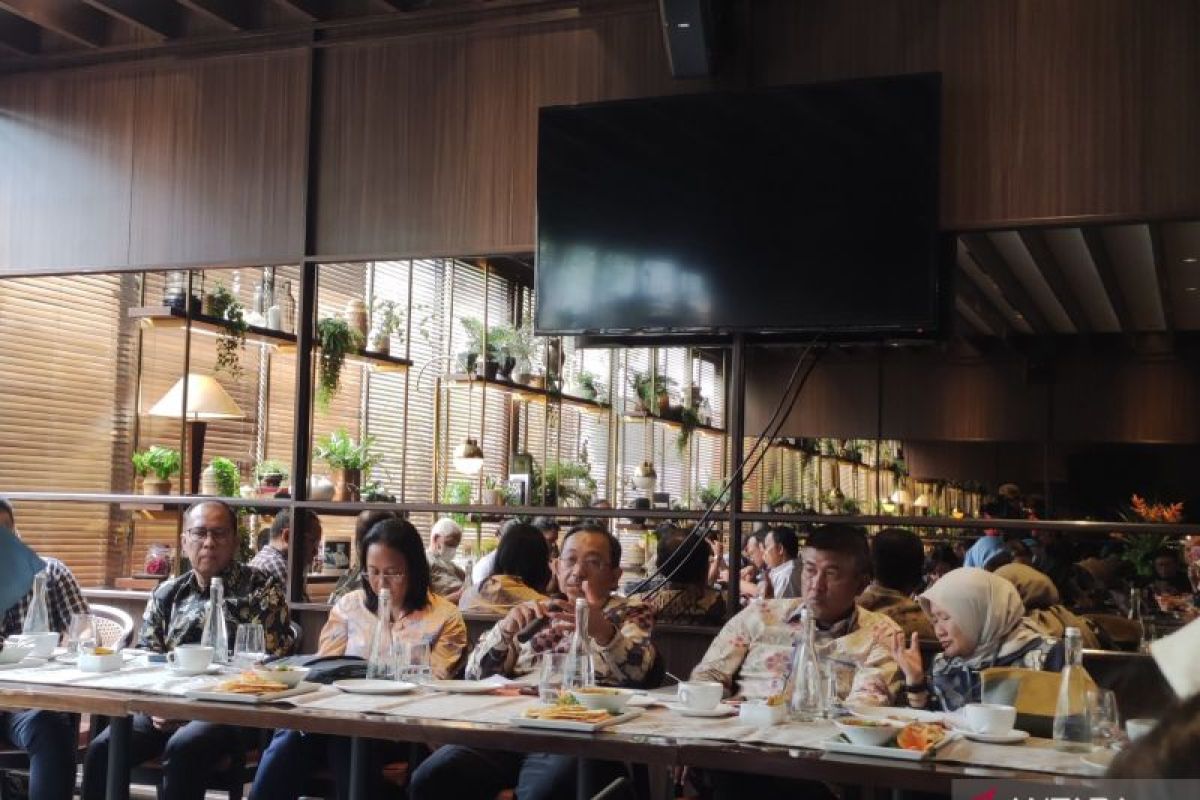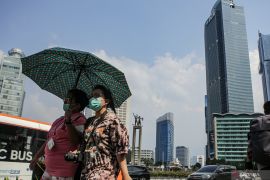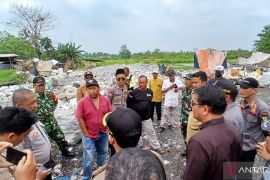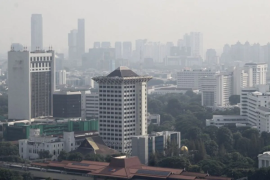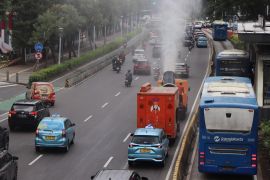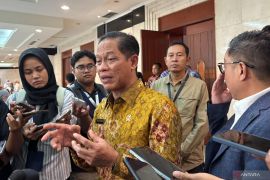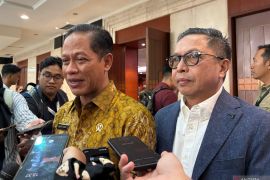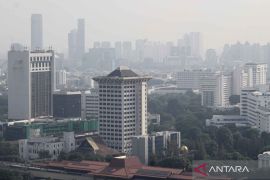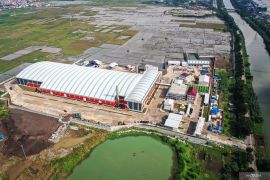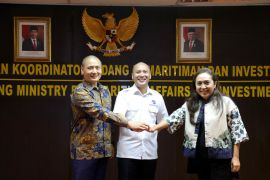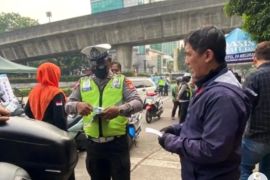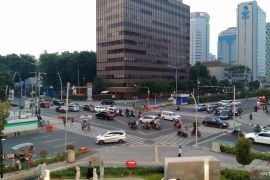Director of cement, ceramics, and non-metallic minerals processing industry at the ministry's Directorate General of Chemical, Pharmaceutical, and Textile Industries (IKFT), Wiwik Pudjiastuti, assured that the industry has implemented the Continuous Emission Monitoring System (CEMS).
"Most cement producers already have a CEMS connected directly to the Ministry of Environment and Forestry. So, from time to time, the Ministry of Environment and Forestry can actually control the emissions from the industry," she explained during a media briefing in Jakarta on Monday.
Jakarta has become one of the world's most polluted major cities, according to an IQAir report.
As per the report, on Monday, the air quality index in the capital city reached 119, or at a moderate level, which was unhealthy for sensitive groups, with PM2.5 concentration touching 43µg/m³.
The PM2.5 concentration in Jakarta is currently 8.6 times the annual air quality guideline value laid down by the World Health Organization (WHO).
The cement industry has lately been accused of contributing to the air pollution in Jabodetabek, Pudjiastuti said.
"If cement (industry) is the cause, the Ministry of Environment and Forestry will know in advance because (the monitoring system) has been connected directly to the Ministry of Environment and Forestry," she added.
According to Pudjiastuti, the ministry has also conducted mapping and data collection in three cement industries in the area — PT Solusi Bangun Indonesia Tbk, PT Indocement Tunggal Prakarsa Tbk, and PT Jui Shin Indonesia (JSI), two of which have been directly monitored and found not to have exceeded the emission threshold.
In addition, several cement industries are utilizing waste as a source of new and renewable energy (EBT) in place of coal.
Meanwhile, director general of IKFT at the ministry, Ignatius Warsito, said that his party has sent a letter to all industry associations to immediately map emission levels in industrial sectors.
"God willing, we can see the picture and how much the IKFT sector contributes to air pollution," he said.
The government is fully responsible for encouraging the development of a more environmentally friendly industry, he added. In fact, such efforts have been made since post-COVID-19.
"We want to make sure that they are already using green energy," Warsito added.
Related news: Ministry forms respiratory disease, air pollution control committee
Related news: Health centers asked to routinely measure air quality in Jakarta
Related news: Switch to public transport to reduce air pollution: Health Minister
Translator: Ade Irma Junida, Sri Haryati
Editor: Azis Kurmala
Copyright © ANTARA 2023
